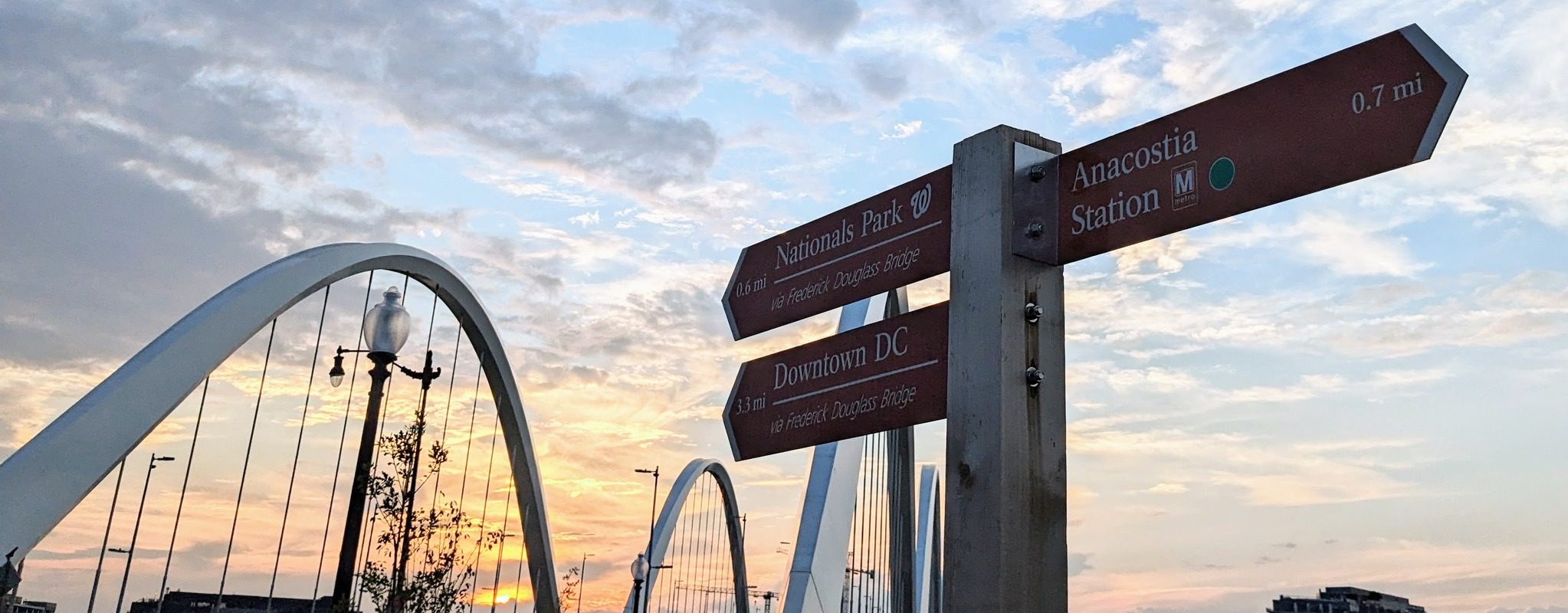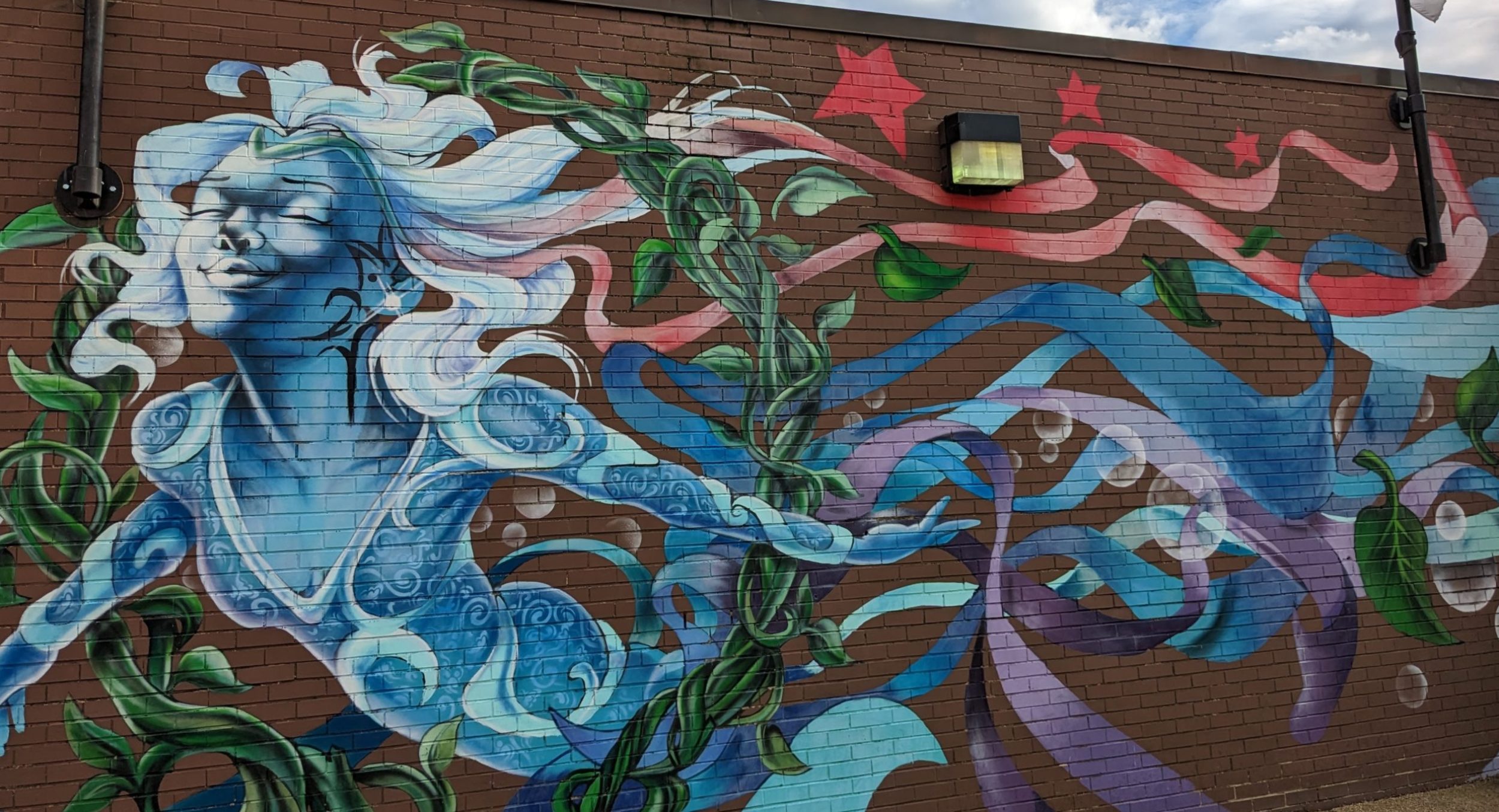 A child’s pale hand reached out to tap my husband on the arm. David was looking at his digital camera, reviewing his pictures of the Georgian capital of Tiblisi as we left this city. Immersed in his photos, David didn’t feel the hand. It was so little and its touch was so light.
A child’s pale hand reached out to tap my husband on the arm. David was looking at his digital camera, reviewing his pictures of the Georgian capital of Tiblisi as we left this city. Immersed in his photos, David didn’t feel the hand. It was so little and its touch was so light.“Someone is trying to get your attention,” I said.
We turned. A girl, maybe five years old, sat in the row behind us in the crowded white minibus. She offered David a wrapped toffee candy, which seemed a much bigger gift presented in such a small hand.
After David took the candy and thanked her, the girl’s mom handed her a candy to give me. I took it and thanked them both. The woman smiled at us and at her little brown-haired girl. David and I were clearly tourists, visitors, guests, in Georgia. We must be fed something, even if we were only fellow passengers in one of the crowded minibuses that are the backbone of transportation in Georgia and nearby countries.
Georgians have no meanness, no stinginess, about food. They use good meat and lots of herbs and spices, even for the simplest things. A common dish is kinkhali, which it is almost unfair to describe only meat-filled dumplings. The dough is always fresh and meat in them seasoned well. They were a treat each time we had them.
Georgian food was a great discovery for us on our round-the-world trip. It is perhaps the best national cuisine we’ve ever had. Take the lamb stew, chakapuli, as an example. Served at our favorite Tiblisi restaurant, Puris Sakli, it gave off a rich scent of tarragon.
Each time our chakapuli arrived at our table, I’d forget for a minute that the restaurant’s violinist and piano player were in the middle of a bittersweet Georgian song, or lively American swing classic. I’d pay no attention at all to the view from the restaurant, which looked out on this perfectly lit beautiful old church.
I’d tune out the elegant footwork of a couple from the next table who’d risen to dance something like a tango.
For a minute, life would be all about getting ready for this soup. I’d inhale over the soup’s steam deeply a few times before tearing off the first scrap of freshly baked bread to dunk. The soup was rich with just a hint of sour-plum tartness.
This was the highlight of a meal that opened with what is one of my favorite appetizers: grilled olive oil-soaked eggplant flavored with walnut paste, and decorated with a few red pomegranate seeds.
We also tried there a rich meat-and-onion stew called ostri, served sizzling hot. A meal with wine for me and beer for David would cost $21 to $30. And, that was the most expensive and fanciest restaurant we visited in Georgia. The chakapuli served at a little lunch place, Ojaxuri Cafe, in Gori, Georgia, was even better–perhaps because one woman ran the place and could make it to her liking. She served us in a little private dining area, made by hanging curtains around a table and chairs.
We spent about $6 there, getting a rich stew as well. The best kinkhali we had was at another little restaurant with dining rooms created by curtains. It cost about $2 for six dumplings and a pot of tea at this place in Gardabani, on the Georgian-Azeri border. The best we had in Tiblisi were at a restaurant that we think is called Georgian Kitchen. Here is David eating there.
We had our last Georgian dinner in Batumi, a town on the Black Sea near the border with Turkey. We lingered in Batumi longer than we planned to get in one last meal in Georgia. Batumi draws a lot of Russian visitors who favor its waterside restaurants. Restaurants there had menus in Russian and Georgians and staff who could translate items into English. David and I had walked blocks inland and found a place filled with Georgians. The English version of the menu was handwritten. It looked as if the owner’s son or daughter might have translated it, which added to its charm.
We ordered the eggplant appetizer and a spinach-walnut one. We had ostri again and a new dish, a roast chicken served in heavily garlicked broth. We feasted, eating more than we normally would.
A man asked to sit with us as we finished our meal. His name was Zaza. That’s my guess at the spelling, by the way. Thrilled to find Americans in Georgia, he frowned when he saw the wine we’d had with dinner.
Zaza spoke enough English to convey that we must have gotten a bad impression of Georgia from our wine. We must go with him to try something better. Zaza had a friend with him, who was calling another friend of theirs whom they said spoke more English than they did. It might be fun to ask him the questions we had about Georgia, I thought.
Our guidebook warned that it causes great offense to turn down Georgian hospitality. David and I accepted Zaza’s fifth or sixth insistent offer and went to settle our bill. We were quite embarrassed to find he had paid it for us. We thought we might at least buy Zaza a drink at some point at the next restaurant. That was not to be.
“No money, no money,” Zaza called out as a waitress brought a bottle of Georgian cognac to the table.
“My dear friends, Georgia and America,” he said as a toast. “Georgia and America,” David and I replied.
“No money, no money,” Zaza insisted as a Georgian cheese bread, called katchapuri, arrived on the table. It was bubbling hot and as big as an eight-slice American pizza.
Another toast-“Georgia and America” – and more food followed. There were meat dishes. Something that looked like ostri. A waitress brought out a platter of roast chicken. There were many times on our around-the-world trip where that chicken alone would have been our best meals in days. The waitress balanced the platter on my cognac glass and some water glasses to make room for more plates. That was great because the cognac was too strong for me. I kept my water glass ready for further toasting.
Plates piled up untouched on the table– Zaza and his friend likely had eaten as well at the first restaurant as David and I had. Zaza dragged David upstairs to where a musician was playing keyboards. Zaza demanded American music for his new American friend. A cover of a Lionel Ritchie song followed.
By then, it was clear the English-speaking friend wasn’t going to show. We’d toasted Georgia and America no fewer than a half a dozen more times, me using a water glass and David taking little sips of the cognac. The silences grew more awkward as Zaza had used up much of his English, and made many toasts.
Someone jostled the table a bit and the platter of roast chicken slid off my glass into the katchapuri cheese bread. It was time to go.
Zaza wanted us to join him for a third stop. We pleaded that we had to get up early the next morning. I took the picture above and David and I fled, shouting our thanks as we went.
We crossed the border into Turkey the next morning and caught a white minivan to head to a bigger town. Sitting next to us was a German traveler, who had been staying with a Georgian friend and his family.
We talked about travels in Georgia, getting quickly to food as a topic. The German traveler reached into his bag and pulled out a katchapuri , also about the size of an eight-slice pizza pie. It had been covered carefully with plastic. His friend’s family had packed it up and given it to him for his travel across Turkey to Istanbul, where he’d catch a flight home the next day. We gladly accepted his offer of pieces of the cheese bread and ate our last bit of Georgian food on our first ride in Turkey.

